Honda, Nissan, Mitsubishi begin discussions of possible merger
Result of talks to be announced in June 2025
By Inigo Roces
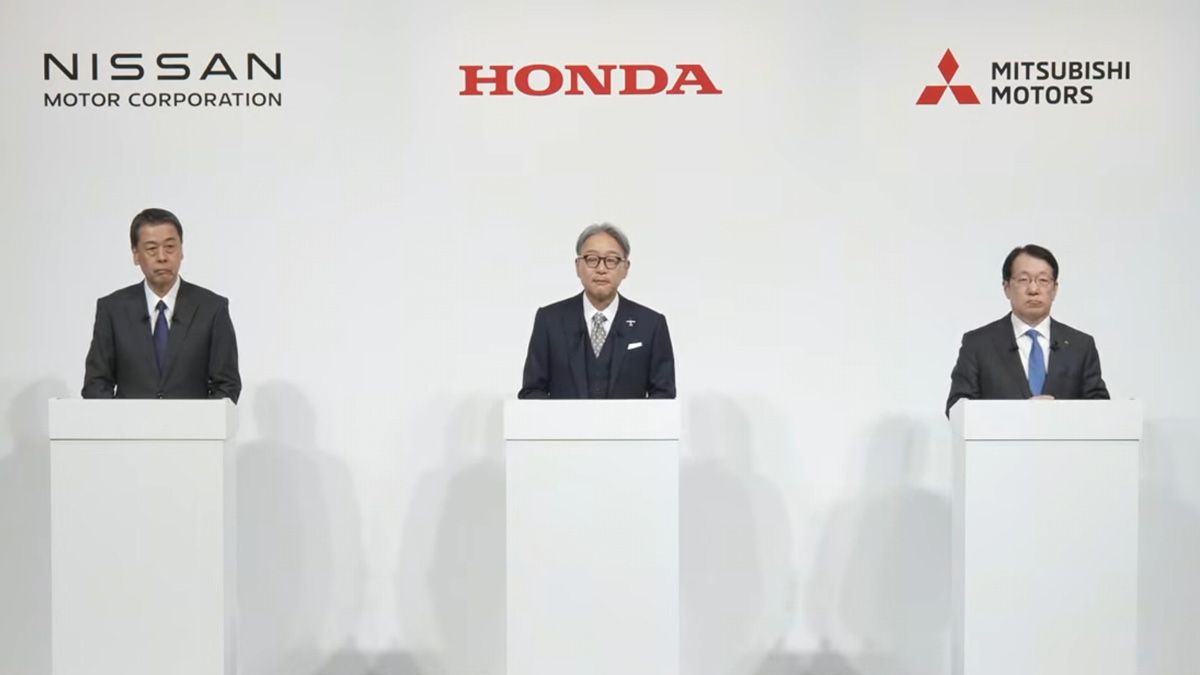
Next year, the world may see yet another automotive giant, this time composed of three storied Japanese automakers: Nissan, Honda, and Mitsubishi.
Honda, Nissan, and Mitsubishi held a joint press conference today to announce their intent to discuss ‘business integration’ through the singing of a memorandum of understanding (MOU). This marks the beginning of official talks between the companies towards a joining of forces and the establishment of a joint holding company.
The companies have made clear that this is not an announcement of a merger, rather, it is simply the start of discussions.
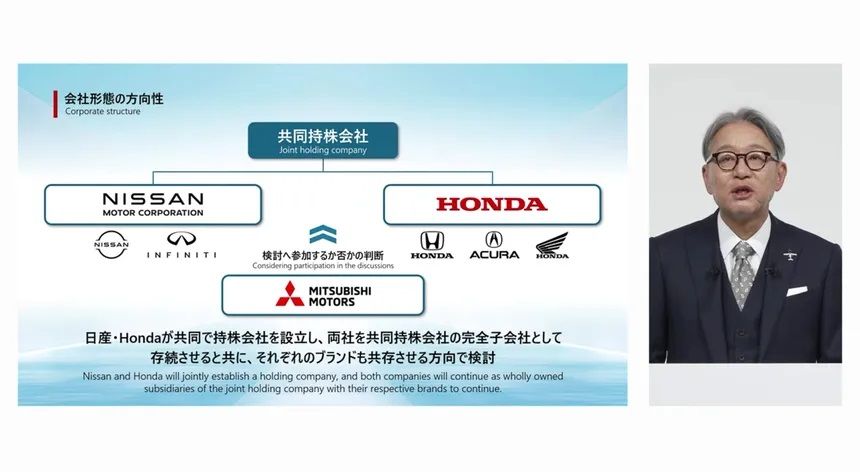
Under the plan, Nissan and Honda will begin discussing business integration through the establishment of a joint holding company. The aim is to jointly explore synergies and partnership, focused particularly on intelligence and electrification in the hopes of making both companies more competitive but still with distinct identities in the rapidly changing automotive sector. Nonetheless, the companies stress that the goal is to ensure that each of the brands is made sustainable on its own.
The deal is primarily between Honda and Nissan, however, Mitsubishi will join discussions and will announce its official decision whether to join the integration by the end of January 2025.
The integration includes both automotive companies and their subsidiary brands. It includes Honda, Acura, and Honda motorcycles, Nissan, and Infiniti. Mitsubishi will be included if it indicates interest to participate. These companies and subsidiaries will be managed by a single holding company for all. Honda will have majority of the seats on the board.
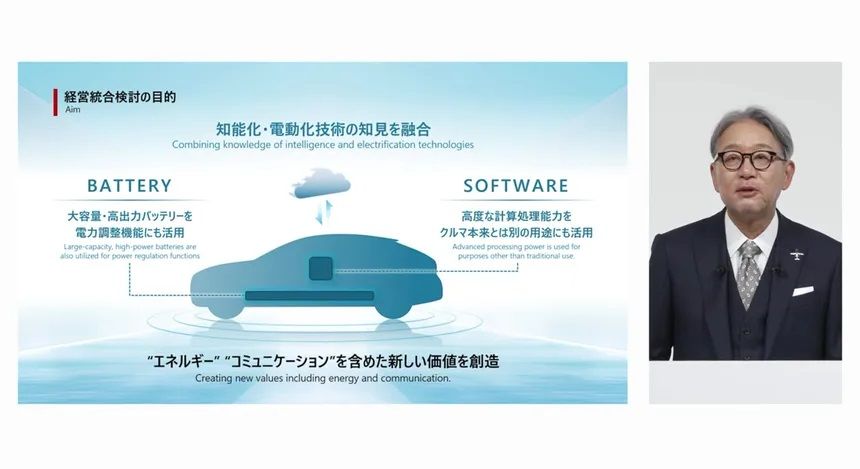
The business integration between the two seems to be the next logical step following the announcement of Nissan and Honda last August to form a strategic partnership focused on vehicle intelligence and electrification. Mitsubishi has also been included in this strategic partnership.
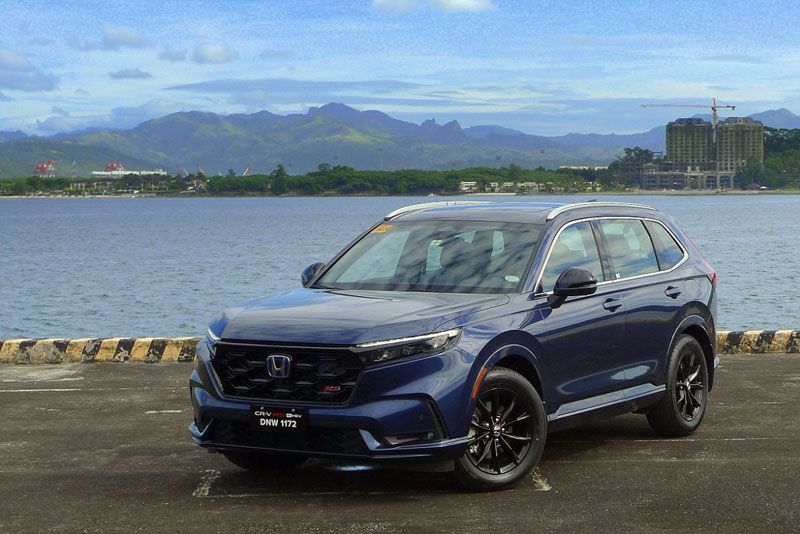
Talks of this merger come at an interesting time as many traditional automakers are not facing struggles with sales in markets and segments they once dominated. As emissions restrictions continue to tighten and some governments are setting deadlines for the phase out of internal combustion engine (ICE) powered-vehicles, consumers are now beginning to consider the shift to electrified vehicles. However, many are still hesitant, evidenced by the stronger sales of hybrid vehicles compared to fully electric ones. Many major automakers — Nissan, Honda, and Mitsubishi included — have already invested billions in the development of fully electric models, but are now beginning to backpedal due to slowing sales of EVs. Hybrid models — seen as the ideal transition vehicle — are beginning to become the choice segment for the mean time. The small selection of hybrid offerings from the three automakers above are thought by some critics to be the reason for their middling sales figures of late.
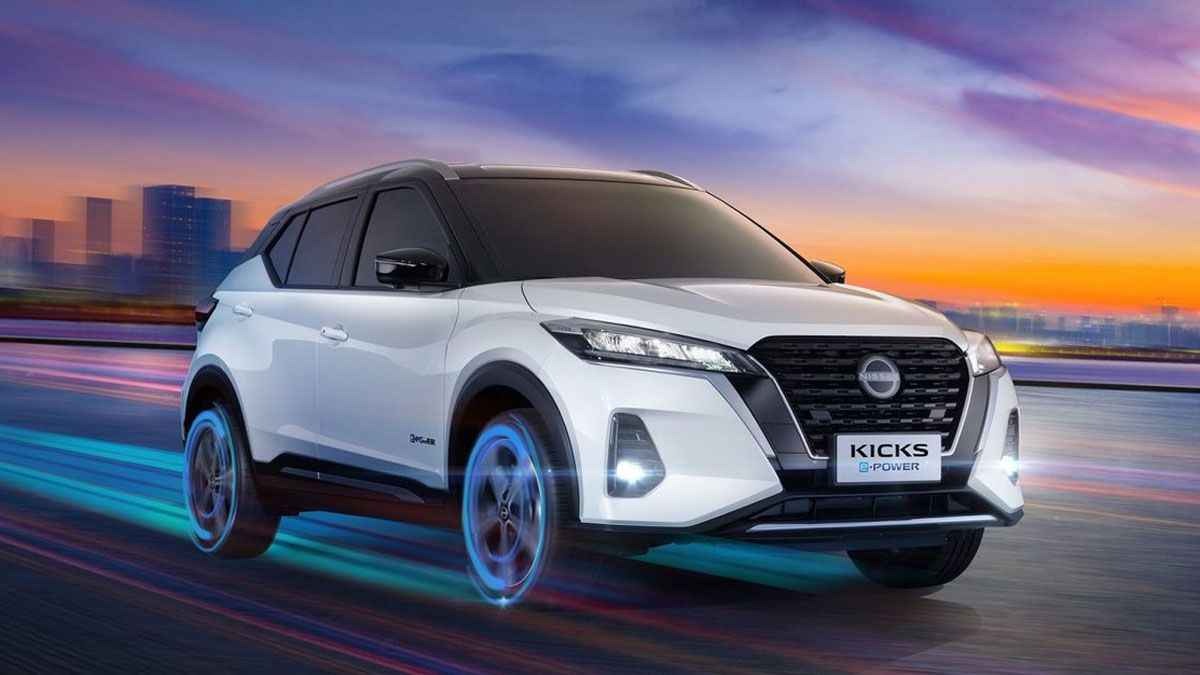
Technology synergies may give these companies’ a competitive edge, as each one has unique solutions to electrification, as evidenced by Honda’s e:HEV hybrid and battery system, Nissan’s e-Power, and Mitsubishi’s plug-in hybrid developments. All three also have enviable legacies and heritage, each with storied pasts in motorsport, vehicle technology development, and safety that have shaped the larger automotive industry in some way.
Towards the end of the press conference, the three companies have announced a timeline of events it hopes to meet. The discussions on business integration should come to an end by June 2025. This is a firm deadline whether Mitsubishi intends to participate or not. From there, the holding company will be established in August of 2025.
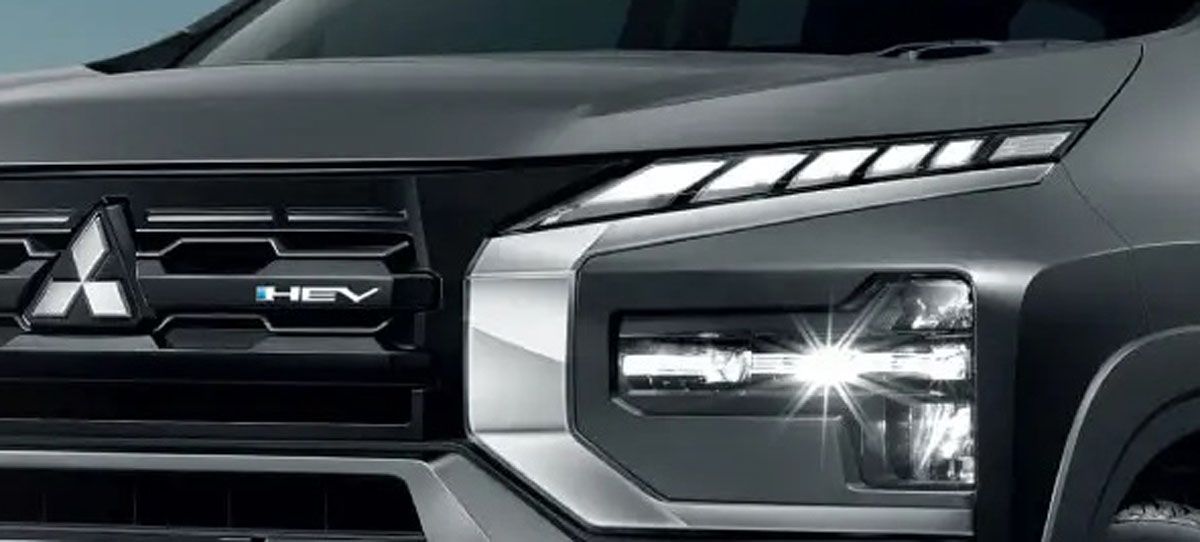
“Nissan and Honda will start the discussion from today onwards with an aim to clarify the possibility of business integration by around the end of January in line with the consideration of Mitsubishi Motors," said Honda Director and Representative Executive Officer, Toshihiro Mibe.
“We anticipate that if this integration comes to fruition, we will be able to deliver even greater value to a wider customer base,” said Nissan Director, President, CEO and Representative Executive Officer Makoto Uchida.
“In an era of change in the automotive industry, the study between Nissan and Honda about a business integration will accelerate synergy maximization effects, bringing high value also to the collaborative businesses with Mitsubishi Motors,” said Mitsubishi Motors Director, Representative Executive Officer, and President and CEO Takao Kato.